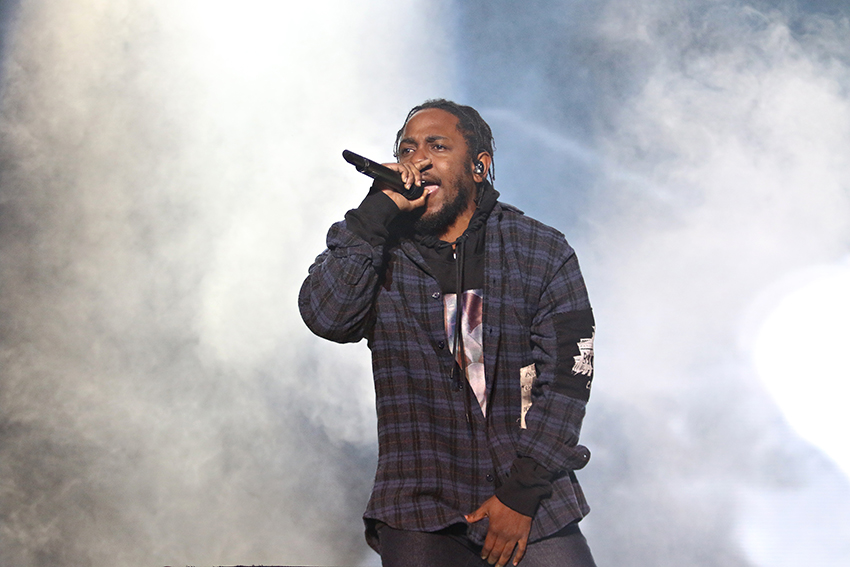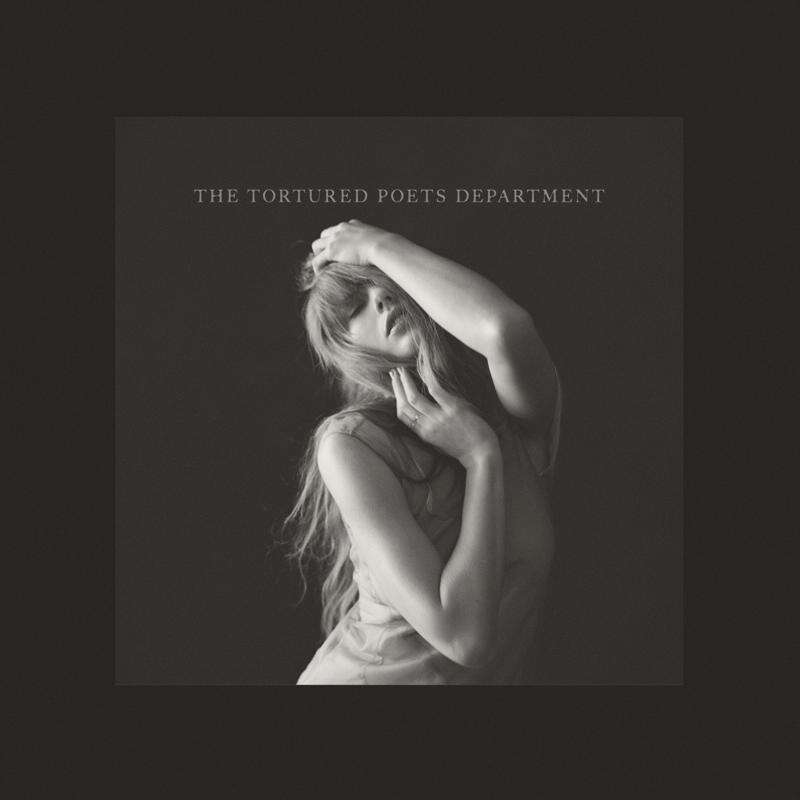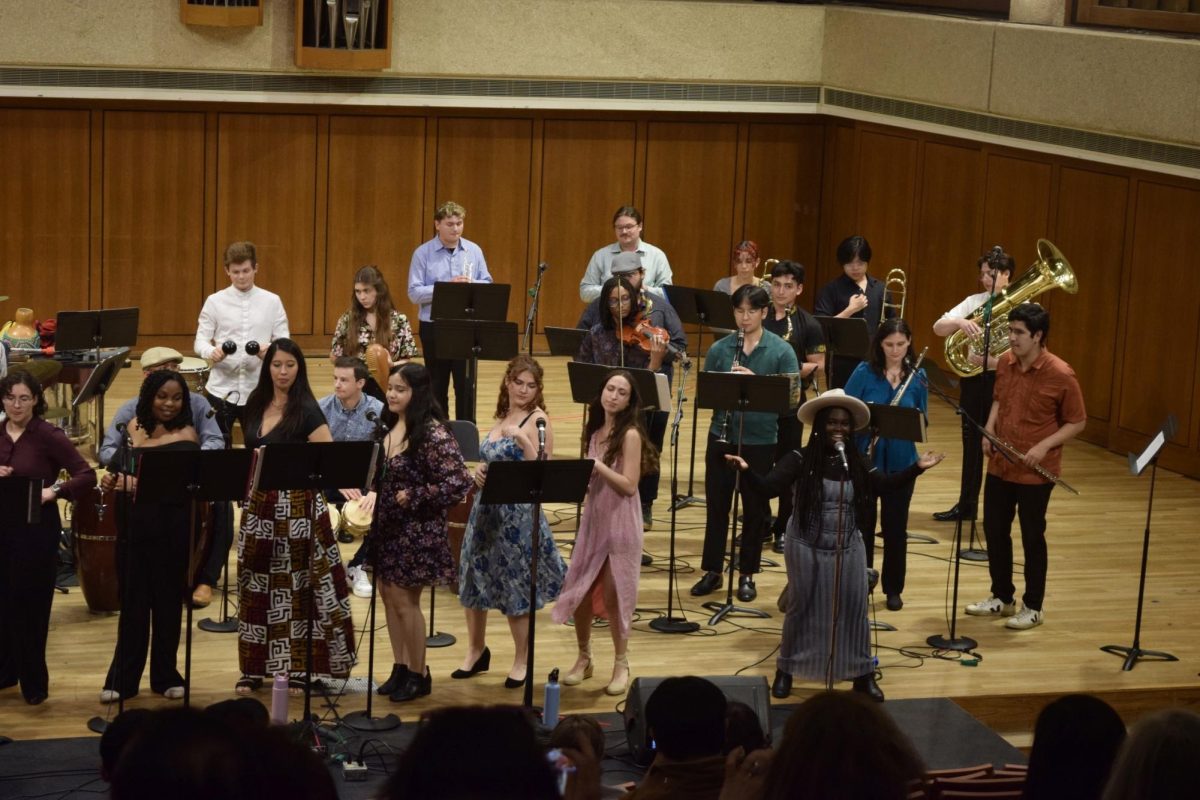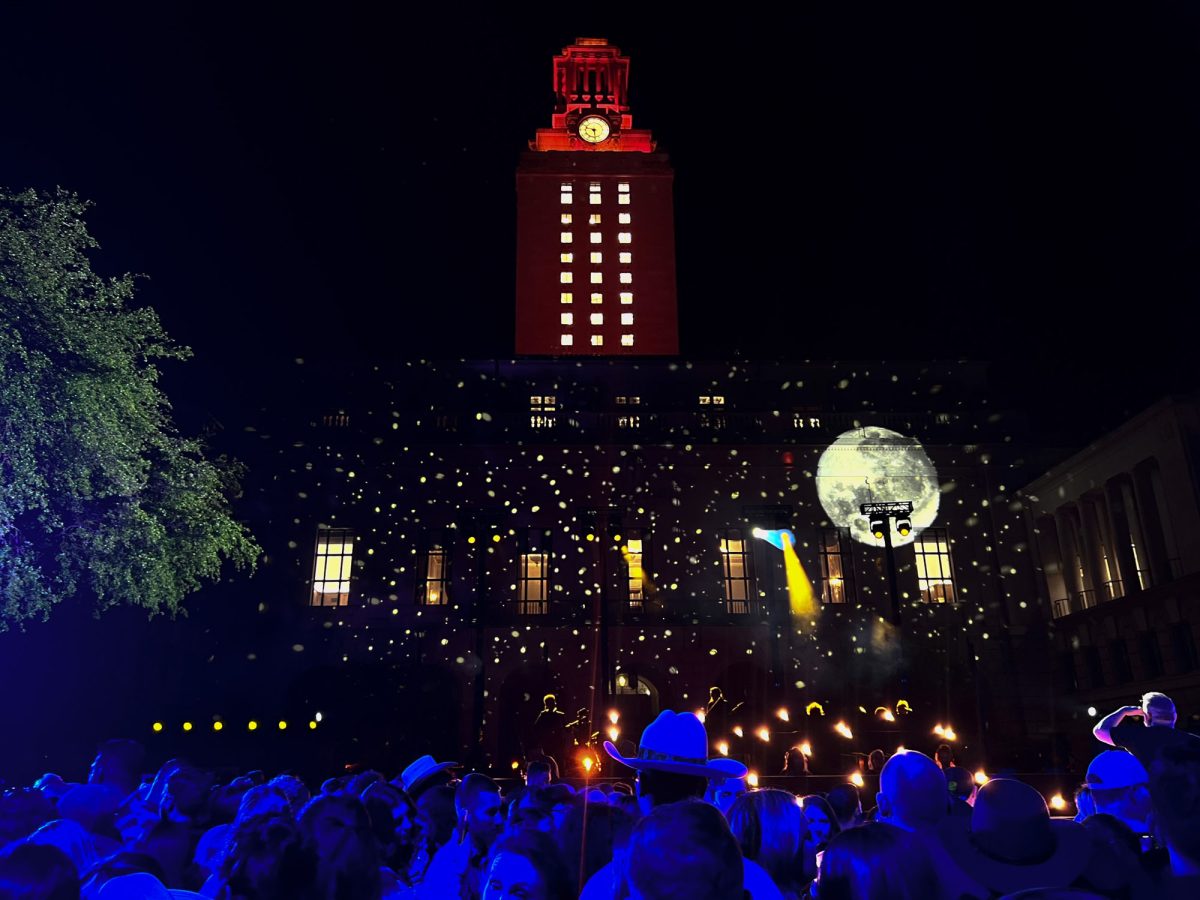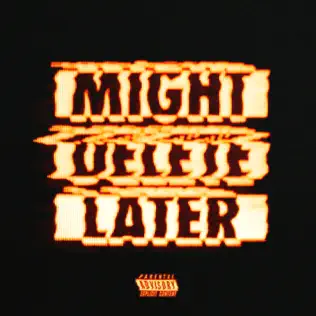Like the relationship between warm cookies and milk, American political strife feels incomplete without protest music. Since the founding of this nation, music has played a crucial role in expressing discontent. With recent protests in Austin and across the nation, politics is on the front of every musician’s mind. Here are a few songs from different eras that have shaped the nation’s politics and still reverberate to this day.
“Get Off the Track” – The Hutchinson Family Singers
Active throughout the mid-1800s, the Hutchinson Family Singers are arguably the U.S.’s first big protest act. There are no recordings of the band, but after singing at the White House for President John Tyler, they became well-known as a favorite of Abraham Lincoln because of their abolitionist stance. The band also took strong stances on women’s suffrage, social reform and equal rights, often putting an optimistic and idealistic spin on Civil War-era politics.
“Lift Every Voice and Sing” – Lyrics by James Weldon Johnson, Music by John Rosamond Johnson
Adopted by the NAACP as “The Negro National Anthem,” “Lift Every Voice and Sing” is a culmination of decades of spiritual African-American songs. Written by James Weldon Johnson as a stand-alone poem, the song was quickly adopted by his brother John Rosamond into a song. With the 500 schoolchildren singing the tune’s debut in 1900, a massive grassroots campaign was sparked for civil rights. “Lift Every Voice and Sing” eventually made its way into black churches and congregations, becoming an anthem for a generation of people.
“This Land Is Your Land” – Woody Guthrie
Guthrie’s seminal hit “This Land Is Your Land” has been called one of the best American songs ever written, but it was originally criticized for its seemingly Marxist stance. Guthrie wasn’t shy about politics — his guitars bore the phrase “this machine kills fascists.” His extreme political viewpoints, including pro-union stances and firm distaste for those who planned to “rob the world” inspired generations of musicians to express their personal beliefs through protest music.
“Blowin’ in the Wind” – Bob Dylan
Taking the reins from Guthrie, Bob Dylan paved his own path in political music, mastering simplicity in protest music in “Blowin’ in the Wind.” The track leads the listener through a series of rhetorical questions and vague answers, following a biblical approach to storytelling by dishing out lessons in a way that someone like Khalil Gibran might have done. Although Dylan may not have been political
throughout his entire career, his solo works and performances with Joan Baez during the Civil Rights Movement still stand the test of time.
“Machine Gun” – Jimi Hendrix
The Vietnam War marked an extreme shift in the tone of American politics that is reflected in the music of the era. As singer-songwriters moved on from penning pro-war mantras to crafting anti-war protest hits, the American public’s opinions shifted to oppose the war. For the first time, political music dominated the mainstream, emphasizing the political divide of the nation. Of all the songs of this era, Hendrix’s “Machine Gun” stands out because of both the song’s simple lyrics and its powerful instrumentation, as Hendrix attempts to use his guitar to simulate sounds of the battlefield. It’s a head-first dive into chaos.
“The Blacker the Berry” – Kendrick Lamar
As protest music grew in popularity, it drove genres such as hip-hop to mainstream success, with the likes of N.W.A. and Public Enemy dominating political recordings. Their tradition is still carried on today by
artists such as Kendrick Lamar, who writes about issues including gentrification and racial divides. Kendrick Lamar’s “The Blacker the Berry” is one of the most powerful protest songs to come out of the 21st century, discussing radicalized self-hatred and the double-consciousness many African-Americans experience.



